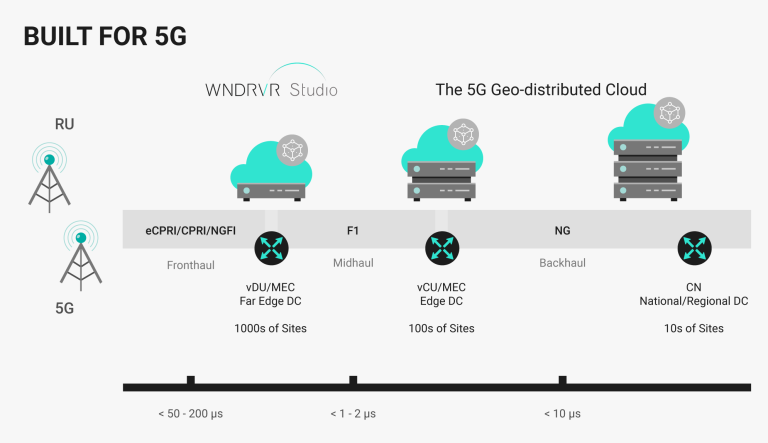5G and National Defense: Unlocking the Future of Security
telcomatraining.com – 5G technology represents more than just faster internet speeds or enhanced smartphone connectivity—it has transformative implications for national defense and security. As global reliance on advanced communication systems grows, 5G serves as a critical enabler for resilient and agile defense strategies.
The Strategic Role of 5G in Defense
Enhancing Resilience in Defense Infrastructure
The U.S. Department of Defense (DoD) has recognized 5G as a cornerstone of what they term the “digital fortress,” aiming to bolster resilience across military bases and defense facilities. This advanced network technology enhances energy management systems, fortifies communications, and strengthens security protocols, ensuring that defense operations remain robust and uninterrupted even in dynamic and challenging environments.
Empowering Mobility and Autonomous Systems
The mobility applications of 5G extend beyond personal devices to include autonomous vehicles, unmanned aerial systems (UAS), and other next-generation technologies. These capabilities allow for seamless coordination and communication across diverse defense platforms, enabling real-time responsiveness in mission-critical scenarios.
DoD’s 5G Initiatives
To accelerate the adoption and integration of 5G within its operations, the DoD has implemented several key initiatives:
- Cross-Functional Team (CFT) for 5G
The establishment of the 5G and Future Generation CFT reflects the DoD’s commitment to advancing wireless networking technologies. By collaborating with private sector innovators, the team works to deliver cutting-edge solutions that empower warfighters with superior connectivity and operational capabilities. - Development of Private 5G Networks
Recognizing the importance of secure and exclusive communication networks, the National Defense Authorization Act for Fiscal Year 2024 mandates the deployment of private 5G networks at military installations. These private networks enhance security, reduce reliance on public infrastructure, and enable mission-critical applications. - Investment in Experimentation and Testing
The DoD has allocated $600 million for rigorous experimentation and testing of 5G technologies at military test sites across the United States. These investments are aimed at validating the performance and security of 5G systems in diverse operational conditions.
Applications of 5G in Defense Operations
The deployment of 5G technology unlocks numerous applications that are pivotal for modern defense strategies:
Massive Data Transfer for Enhanced Operations
Future battlefields will rely heavily on the ability to transfer vast amounts of data in real time. Local and expeditionary 5G networks enable the seamless integration of sensors, weapons, and other systems, ensuring that decision-makers have access to critical information when it matters most.
Mission-Critical Applications
The ultra-low latency and high reliability of 5G networks make them ideal for mission-critical applications. These include:
- Real-Time Situational Awareness: Enhanced data sharing across platforms provides commanders with a clear and dynamic understanding of the battlefield.
- Remote Robotics: Operators can control drones and robotic systems remotely with precision, even in contested environments.
- Secure Communication: Advanced encryption and network isolation ensure that sensitive military communications remain protected from cyber threats.
The Broader Implications of 5G in Defense
The adoption of 5G technology represents a paradigm shift in how defense operations are planned and executed. By enabling rapid data sharing, improving situational awareness, and supporting advanced technologies such as artificial intelligence (AI) and machine learning, 5G transforms the defense landscape into one that is more connected, informed, and adaptive.
However, with these advancements come challenges. The increasing complexity of 5G networks introduces new vulnerabilities that adversaries may seek to exploit. Ensuring the cybersecurity of these networks is paramount, requiring ongoing innovation and vigilance from both defense agencies and private sector partners.
Conclusion
The integration of 5G technology into defense and security operations is not just a technological evolution—it is a strategic imperative. As the global landscape becomes increasingly interconnected, nations must harness the full potential of 5G to secure their interests and maintain operational superiority. With initiatives such as private 5G networks, robust testing programs, and mission-critical applications, the DoD is paving the way for a future where 5G serves as a linchpin for national defense.
By embracing this transformative technology, defense organizations can ensure that they remain resilient, adaptive, and prepared to meet the challenges of an ever-changing security environment.







